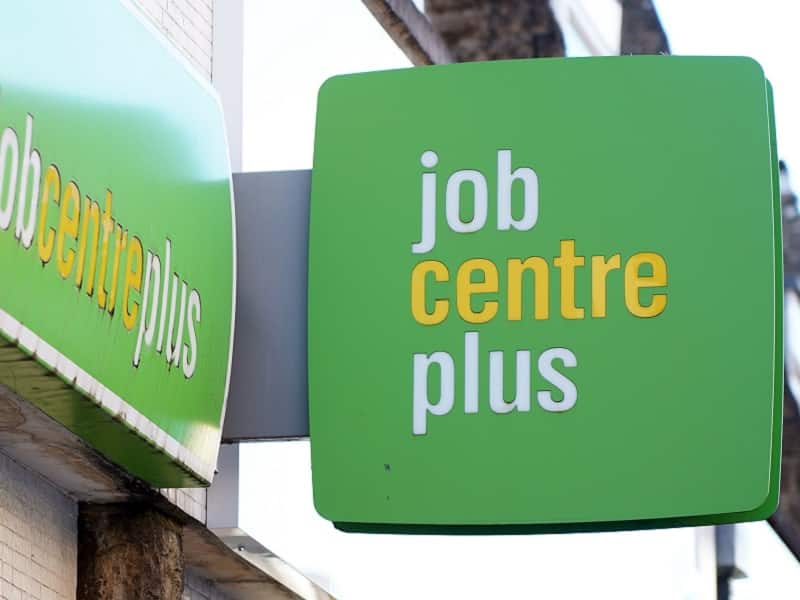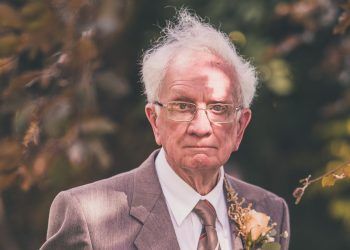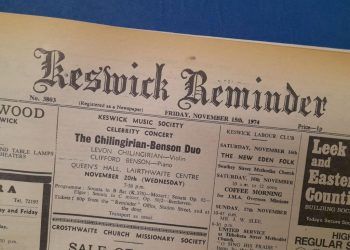
Nobbut Laiking, by Ross Brewster
Are we really this sick, or is it the case that hundreds of thousands of Brits who could be at work have discovered a preferable lifestyle since the pandemic?
Of course there are people with genuine physical and mental health problems. But with record numbers of people off work due to long term sickness, swinging the lead is an old saying that comes to mind.
It’s almost four years to the day since the Government’s lockdown and furlough plans were revealed. It’s said that Rishi Sunak, then the Chancellor, was physically ill with worry the night before the big announcement that, by paying 80 per cent of employees’ wages, millions of jobs would be saved.
It’s a bit like remembering where we were the day JFK was shot. I recall standing on the touchline doing interviews with football managers the night before Sunak and Boris Johnson appeared on TV holding big notices proclaiming Stay At Home, Protect The NHS.
That night at the match we guessed there might be a temporary break in the nation’s sporting schedules. But we still had not really grasped the impact Covid was to have on all our communities and our everyday lives.
Four years on, a lot of people have got used to working from home, or shorter working weeks at the office. And latest figures from the Resolution Foundation show millions don’t work at all.
Numbers of economically inactive adults due to ill-health rose from 2.1 million in July, 2019, to a peak of 2.8 million in October, 2023, the longest sustained rise since records began in 1994.
The report comes as the Office for National Statistics says more than a fifth of UK adults are simply not working, or looking for work. We’re the only G7 economy not to have returned to pre-pandemic employment levels.
The implication is clear. Furlough did not work. In fact it was a catastrophe. Britain is one of the few countries where the workforce is smaller than it was before the pandemic.
Yes, hindsight is a wonderful thing when it comes to judging the Government’s reaction to the pandemic. But it’s evident it changed our whole attitude towards work and the way we think about it.
I don’t think psychologically Britain has really recovered from the mental as well as the physical impacts of Covid. I believe it has left us weaker.
The inordinate number of people who are not working due to sickness must be adding hugely to the burden on our already overstretched NHS. It’s chicken and egg. Long waiting lists therefore more people waiting to be signed off.
Last year a large number of businesses struggled to fill job vacancies because prospective employees either did not wish to work for low wages or preferred no job at all.
One disturbing fact which emerges from the statistics is that younger people account for nine tenths of the rise in overall economic inactivity.
I don’t often find myself agreeing with Nigel Farage. But on this issue he may be right when he says “the whole thing has gone too far”.
Lake District blackspot needs a warning sign
Piers Gill. Sounds like the name of a Sunday Times literary or food critic.
But actually it’s the new kid on the block — leastways an old boy with a new reputation — when it comes to calls upon the services of Lake District mountain rescuers.
Regular fell walkers know it well as a deep cut, a “striking gorge” as one climbing website describes it, on the descent from Scafell Pike via the Corridor Route. It’s a route best left to the experts. A place I once read of as “dangerous, alluring yet promising adventure and wonderment”.
There have been a number of rescue incidents there this winter. It’s certainly a worthy contender for Blencathra’s Sharp Edge as the number one blackspot for the unwary.
There has been some debate over whether Piers Gill from above is the sort of place that merits a sign to keep walkers on their intended path.
Anathema to the purists. And it would be wrong to plaster the fells with signposts. But Piers Gill offers a hazardous ambivalence and a modest sign, perhaps in stone, might save many future callouts for rescuers.
Time for conspiracy theorists to shut up
My conspiracy theorist correspondent has gone a bit quiet since the Princess of Wales bravely told the world she was having treatment for cancer.
Most of us keep our medical problems private. It doesn’t work like that with the royals, not in this age of social media with its potential for poisonous gossip.
In recent years our monarchy’s worth has been questioned many times. Now we understand better, through the troubles of King Charles and the Princess of Wales, how much we’d miss them. Some more than others yes, but the reputation of Charles, William, Kate and Anne has soared in adversity.
Time for the conspiracy theorists to take a rest.
It’s a sharp lesson, too, for those of us tempted to listen to these way out internet theories.








